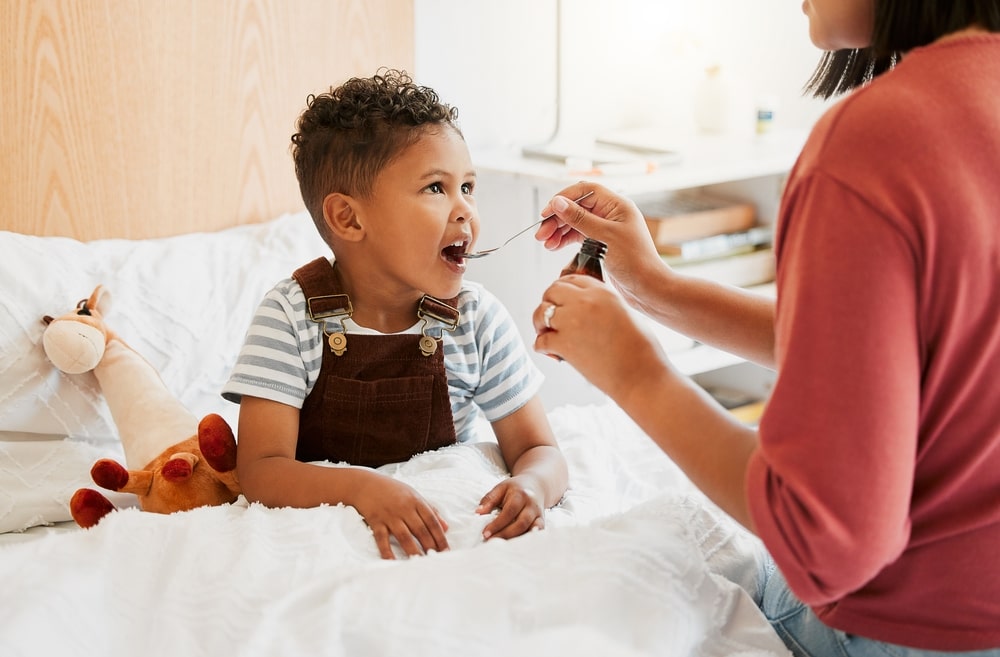Treatment for Bladder Infection in Children
How do health care professionals treat bladder infections in children?
If your child has a bladder infection caused by bacteria, your child’s health care professional will prescribe antibiotics. You can help speed up your child’s recovery and ease symptoms by offering more liquids. Drinking more liquids helps flush the bacteria out of your child’s urinary tract.
Medicines
A health care professional will select the right antibiotic for your child based on
- your child’s age
- the type of bacteria causing the infection
- any known allergies to antibiotics
Children older than age 2 months usually take an antibiotic by mouth as a liquid or tablet. Children younger than age 2 months or children who are vomiting may go to a hospital for intravenous (IV) antibiotics.
The length of antibiotic treatment depends on
- how severe the infection is
- whether your child’s symptoms and infection go away
- whether your child has repeat bladder infections
- whether your child has other problems in the urinary tract
 Your child may take antibiotics to treat a bladder infection.
Your child may take antibiotics to treat a bladder infection.Self-care at home
Help speed up your child’s healing and ease their symptoms at home by encouraging them to
- drink plenty of liquids; water is best
- eat foods high in water content
- urinate often and completely to flush bacteria from the urinary tract
- use a heating pad on the back or abdomen to ease any pain
Ask your child’s health care professional about the amount of liquids that is right for them and which foods are high in water content.
How do health care professionals treat the complications of bladder infections in children?
If your child’s bladder infection leads to a kidney infection, a health care professional will prescribe antibiotics. If your infant or young child is very sick from the kidney infection or other complications, they may need to go to the hospital.
How can I help my child prevent a bladder infection?
You may help your child prevent a bladder infection by following the steps below.
Keep the urinary tract healthy
Keep your child’s urinary tract healthy by encouraging them to
- drink plenty of liquids; water is best
- use the bathroom when they feel the need to urinate
- take the time to fully empty their bladders when urinating
- avoid constipation
Follow good diapering habits
Parents and caregivers should change diapers often and clean the genital area well. Gentle cleansers that don’t irritate the skin are best.
Seek treatment for related health problems
Certain health problems—such as constipation or vesicoureteral reflux—make it easier for children to get bladder infections. Health care professionals can treat some of these problems with medicines, behavior changes, or both. In some cases, health care professionals may refer your child to a pediatric urologist.
This content is provided as a service of the National Institute of Diabetes and Digestive and Kidney Diseases
(NIDDK), part of the National Institutes of Health. NIDDK translates and disseminates research findings to increase knowledge and understanding about health and disease among patients, health professionals, and the public. Content produced by NIDDK is carefully reviewed by NIDDK scientists and other experts.

